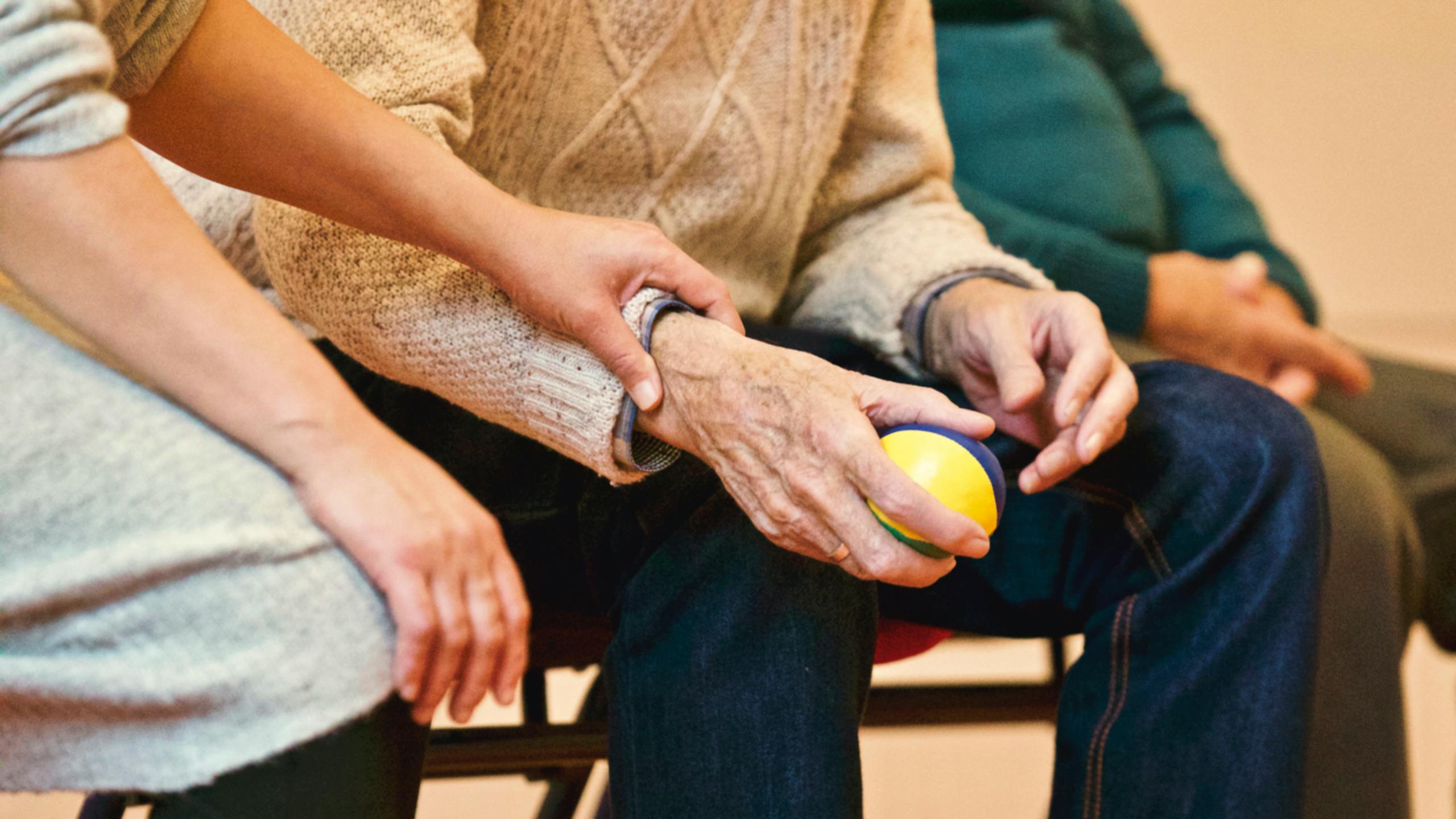Elevating Daily Living with Home Care Solutions in North Charleston
- Updated on: Nov 11, 2025
- 3 min Read
- Published on Nov 11, 2025

Elevating Daily Living with Home Care Solutions in North Charleston
Opening Up New Ways of Thinking About Aging in Place
Seventy-eight percent of older people say they want to stay in their own homes as they get older. That desire isn’t usually about feelings; it’s about power. But aging in place isn’t just about willpower. Mobility decreases. Everyday tasks turn into logistical puzzles. Social ties get weaker until silence fills whole afternoons. Having professional help at home changes the math completely. When you hire home care North Charleston, those problems stop being impossible and start being manageable.
Making Support Fit Each Person’s Lifestyle
A handshake isn’t just a way to say hello. It begins an evaluation that brings out the physical, mental, and emotional truths of a client’s life. A good provider doesn’t just put a generic plan on the kitchen table. They plan care around morning routines, favorite meals, the weekly card game, and deeply held cultural beliefs. Goals don’t mean much if someone else sets them for you. When the client and their family write the plan together, it is clear and everyone is committed from the start.
Important Parts of Good Home Care Services
The basics are what real care is based on. Help with bathing that keeps your dignity. Food that is good for you but doesn’t taste like it. Reminders for medications that are correct and on time. A clean place to live that stays clean. But for many people, companionship is what keeps them going. the presence of another person that keeps them from feeling alone. Check credentials, compliance with state laws, and adherence to recognized best practices before hiring. Anything less is service that hides a risk.
The Role of Technology in Modern In-Home Support
New tools can help people stay independent without making their homes look like surveillance centers. Smart monitors find problems before they turn into emergencies. Response systems link up with trained help right away. Telehealth keeps doctors up to date without making patients wait in line. Wearables can track vitals, gait changes, or sleep patterns. Pick technology that is easy to use and very reliable. It doesn’t work if it makes the user angry.
Financial Plans for Long-Term Help at Home
Costs accumulate, often faster than families expect. Rates per hour go up. If you need specialized dementia care or help with mobility, the total goes up. Overnight help changes the financial situation once more. Insurance pays for some costs but not all of them. Veterans’ benefits and programs in the community can help. Budgeting is not a one-time exercise; it’s a strategic plan for both immediate needs and the inevitable evolution of care requirements.
Getting to Know Professional Caregivers
You don’t get trust just because you show up. It is built through verified backgrounds, real references, and proof of skill set. Certifications show that you are qualified on paper, but training keeps your skills up to date. Reviews of performance should happen all the time, not just sometimes. Open conversation, clear, consistent, and free of euphemisms, makes sure that problems are dealt with before they get worse.
Getting Families Involved for Better Results
Care gets better when family members’ voices are heard and respected. Regular meetings clear up any confusion and make sure everyone knows what the rules are. Skilled caregivers are happy to have family members help out, but not if it means they can’t do their jobs. The end result is a support system that works together, with emotional connections that make people stronger.
Keeping track of progress for ongoing improvement
Without measurement, care is just a guess. Keep track of real metrics like how strong you are, how stable your mood is, and how often you interact with others. Keep records that show how things have changed over time. Use hard data and honest feedback to reevaluate every so often. When changes are based on evidence, things get better on their own.
Keeping Your Independence After the First Steps
The goal is not to stay comfortable but to become more independent. Plans that are tailored to you change. Services grow or shrink. Upgrades to technology. Managing money wisely. The client, family, and caregiver all trust each other more. In the end, home care turns into a long-term partnership that aims to protect quality of life and the freedom it gives.












